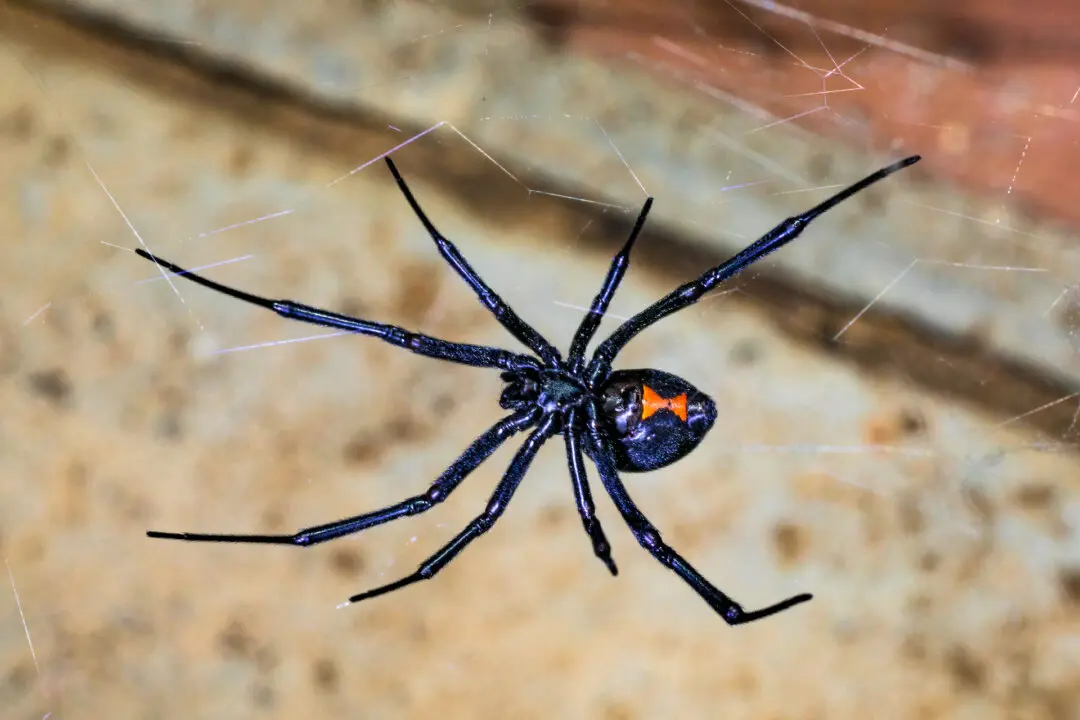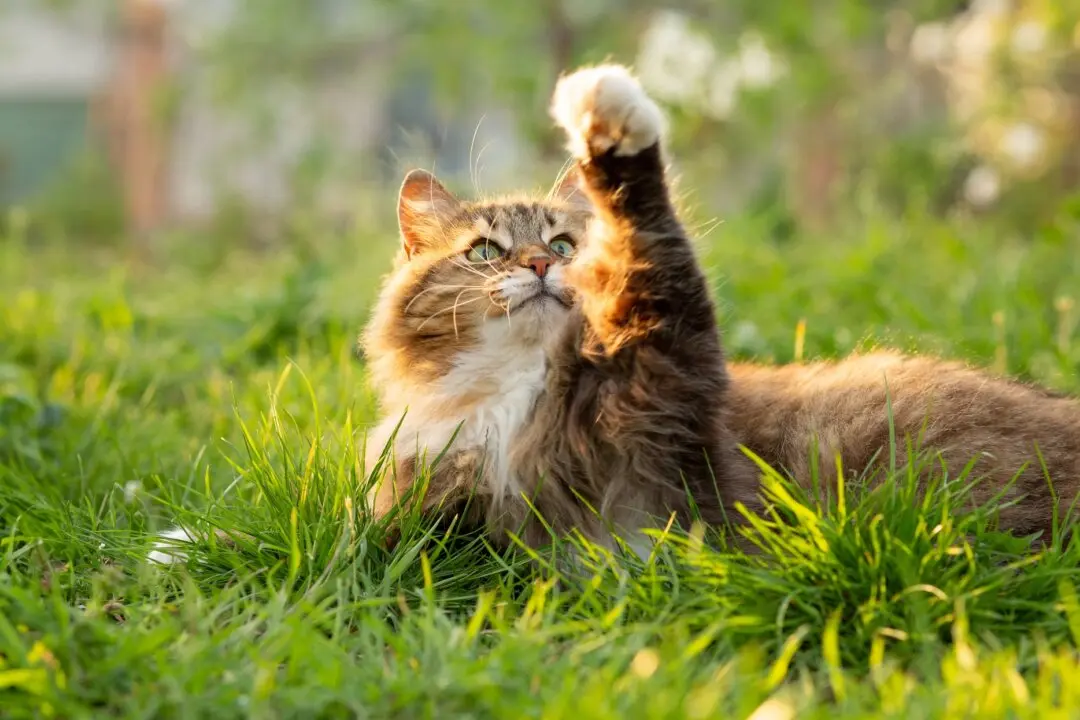Q: When my cat was injured outdoors, his veterinarian boosted his rabies vaccination in case a rabid animal had inflicted the wound, but did not administer a tetanus shot. When I cut myself in the yard, my doctor gave me a tetanus shot. Should I request the same for my cat?
A: That’s not necessary, because cats rarely get tetanus.





